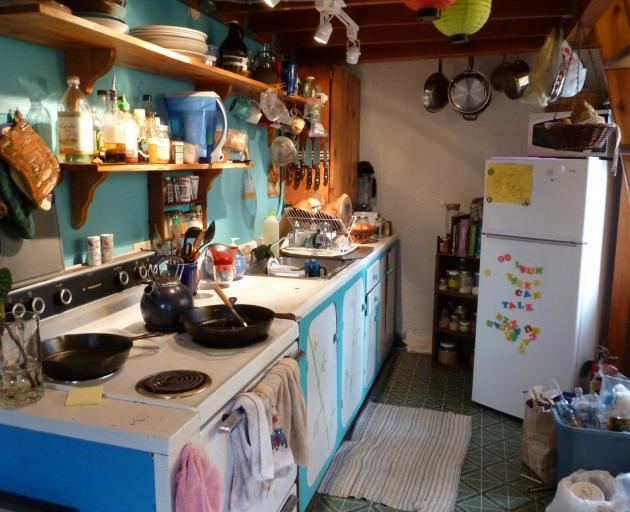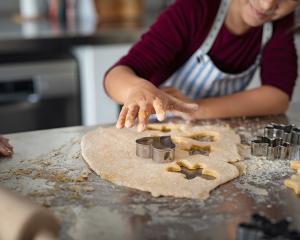
''So, what,'' I've been asked, ''is the best way of preparing them for this step?''
Apart from ensuring that they have basic survival skills such as being able to cook, shop, clean, wash clothes and manage their money, there's the need to ensure they have the skills to manage the responsibilities that will be thrown at them and an understanding that all their actions will have consequences that they will have to wear.
If you haven't already given this sort of scenario much thought, then years 11-13 give you your last chance to be able to exercise some control and influence to prepare them. It gives you opportunity to allow them to start taking control of their lives and taking responsibility for their actions and to monitor progress.
A teen who hasn't reached this point before leaving home can be a recipe for disaster. Ask anyone managing accommodation at a tertiary institution.
How much control you hand over and when has to be largely determined by the sense you have of their maturity and trustworthiness, generally indicated by their sense of personal responsibility.
They learn this by being directed back to the decisions they took that got them into a particular situation. And you'll gauge its level by how well they consider and recognise the consequences of their actions, take responsibility for them and don't try to blame others.
To start with they may still need help in understanding the decision-making process, particularly relating to consequences.
Get them to consider the possible consequences of an action and then take it a stage further to evaluate those consequences: ''is that what you want to happen, is that a good outcome for you?''
Since the process is about encouraging them to take on personal responsibility for decisions and actions, remember to discuss rather than demand.
It's also important to respect their current level of competence and ability. Sometimes we have to allow a little more space than we might like and then grit our teeth, hold our breath, keep our fingers crossed and be ready to offer praise or to help pick up the pieces and evaluate what went wrong.
This move towards independence is inevitable, so respect their needs and be the safety net rather than the jailer. Set minimum standards, allow for mistakes, communicate clearly responsibilities and limits and follow through with consequences.
Your exercise of control will fluctuate as a result, but will gradually lessen as life's lessons about consequences and personal responsibility are learnt. And hopefully they'll survive their first year away from home without too many dramas.
-By Ian Munro












